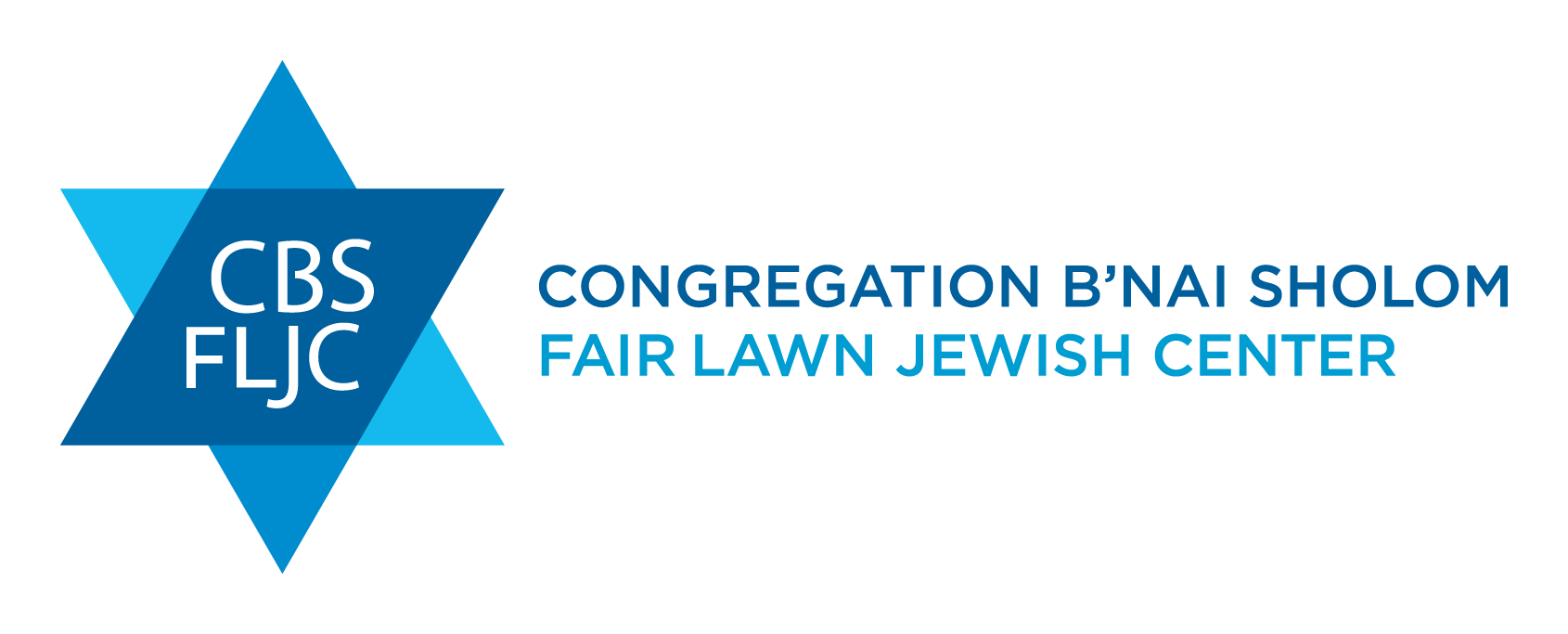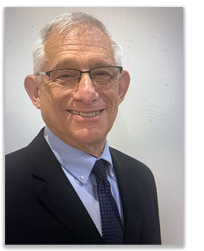Rabbi Howard Siegel’s
Weekly D’var Torah
 Torah For Our Times: Korach – Rebellion!
Torah For Our Times: Korach – Rebellion!
In the words of the late Rabbi Reuven Hammer, “Tragedy follows tragedy. Rebellion follows rebellion.” No sooner does Moses’ deal with despondent and angry Israelites complaining about lack of creature comforts in the desert, then along comes Korach and his followers demanding Moses share his leadership: “[Moses], you have gone too far! For all the community are holy, all of them, and the Lord is in their midst. Why then do you raise yourselves above the Lord’s congregation? (Numbers 16:3)”
On the surface, it may appear Korach has a point. Could it be Moses has usurped too much authority and not enough recognition of the rights of those he leads? The 20th century Jewish philosopher Martin Buber writes, “Both Moses and Korach desired the people to be the Holy people. But for Moses this was the goal. In order to achieve it, generation after generation had to choose again and again. . . between the way of God and the wrong paths of their own hearts; between life and death. . . For Korach, the people. . . were already holy. . . so why should there be further need for choice? Their dispute was between two approaches to faith and to life.”
Korach’s attempt at an insurrection was based on the false notion that by simply being born Jewish, one was naturally Holy regardless of personal actions and deeds. For Moses, Holiness was a choice, albeit demanding. The choice involved both an acceptance of the One God and faith in the guiding principles and mitzvot that define the parameters of Jewish holiness. Moses understood it would take at least a generation in the desert to create a community of believers. What, then, was Korach’s mission?
Rabbi Hammer suggests Korach’s intentions were far less selfless than they may appear. “Korach became an example of someone who was concerned only for his personal gain. The midrash depicts him as mocking laws taught by Moses not because he has an honest disagreement with them but because he seeks power for himself.”
Moses is the leader who never sought leadership, but had it thrust upon him. Korach is the demagogue who wants to take power, not for the benefit of the people but for his own personal gain. For Korach, and too many others like him, it is easier to self-proclaim your holiness rather than strive to attain it.
Rabbi Howard Siegel
June 20 – Shelach Lecha – The Grasshopper Syndrome

June 13 – B’Ha-alot’cha – The 70 Faces of Torah
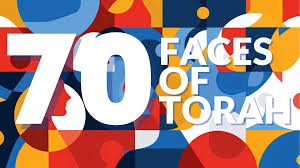
June 6 – Nasoi – It’s a Small World

May 23 – Behar/Behukotai – The Oracle of Omaha and the Rabbi!
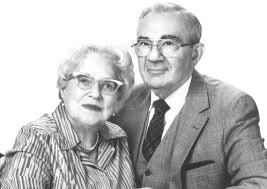
May 16 – Emor – Discovering Life in Death

May 9 – Kedoshim – What Does It Mean “To Be Holy?”
“And God spoke to Moses, saying: “Speak to the entire congregation of the children of Israel and say to them, ‘You shall be holy because I the Lord your God am holy.’”
-Leviticus 19:1
April 25 The Passing of the Pope – The Thirty-Six

April 18 Passover 2 – Liberty and Justice for All

April 11 Passover 1 – Let’s Get To It

March 28 Pekudei – I am Accountable

March 21 Vayyakhel – Priceless

March 14 Purim – Need a Good Laught

March 7 A Return to Selma….60 Years Later
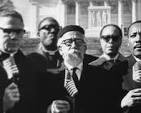
February 28 Terumah – Let Them Make Me a Sanctuary That I May Dwell Among Them

February 21 Mishpatim – What is Required of Us?

January 31 Bo – Where is the light?

January 24 Va’era -Finding a Voice of Inspirational Leadership

January 17 Shemot – Where is God When I’m Hurting?

January 2 Vayigash – What’s In A Name?

December 20 Hanukkah – Might Or Ethical Right?
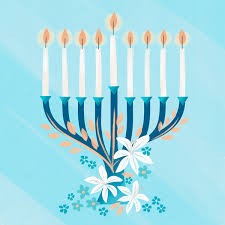
December 13 Vayyeshlach – Who Needs God?

December 6 Vayetze – Dreams and Ladders

November 25 Thanksgiving Message

November 22 Haye Sarah

November 15 Vayera 1

November 8 Lech Lecha
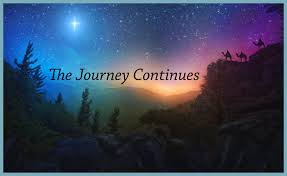
November 1 Noah

September 4th Torah For Our Times: Rosh Hashanah 1

August 16th Wood, Stone, and the Search for G-d

August 9th What if…
